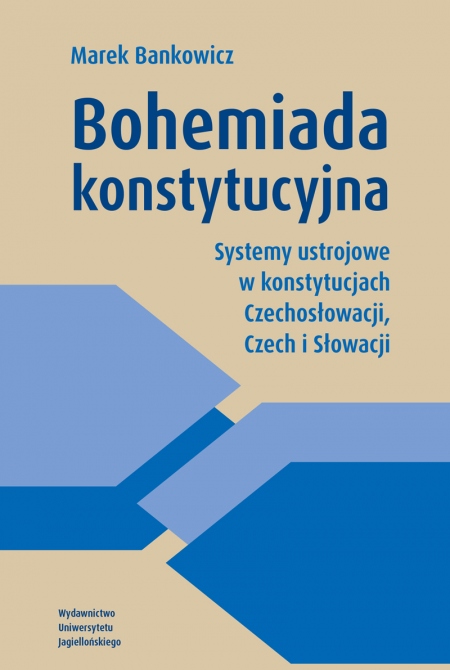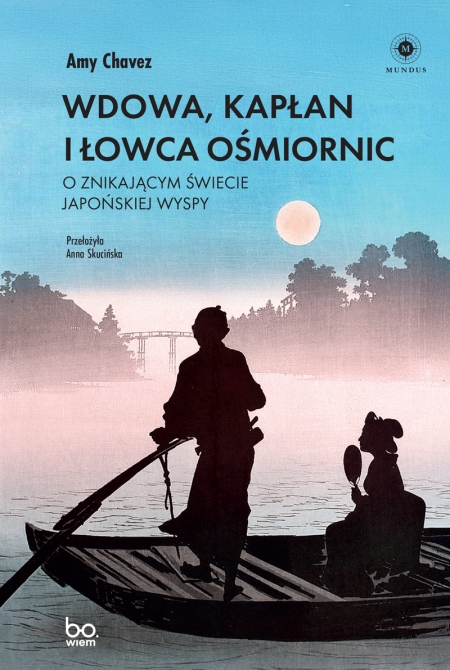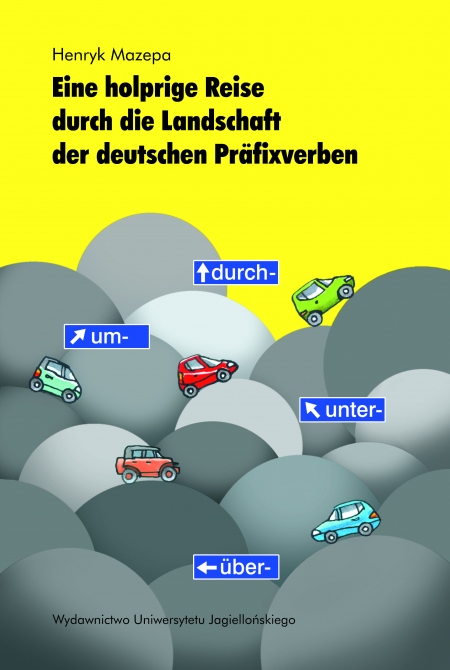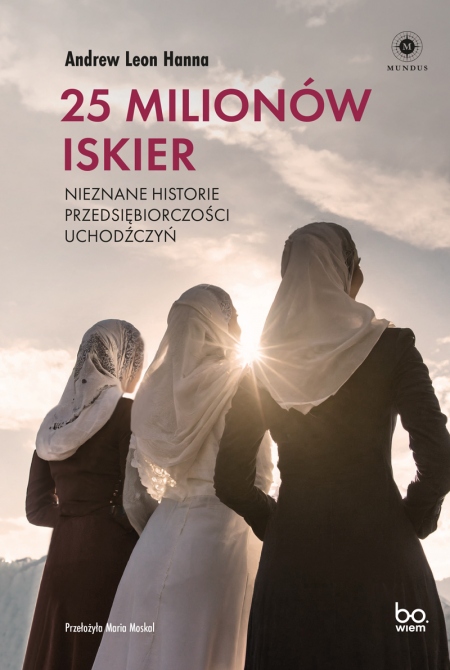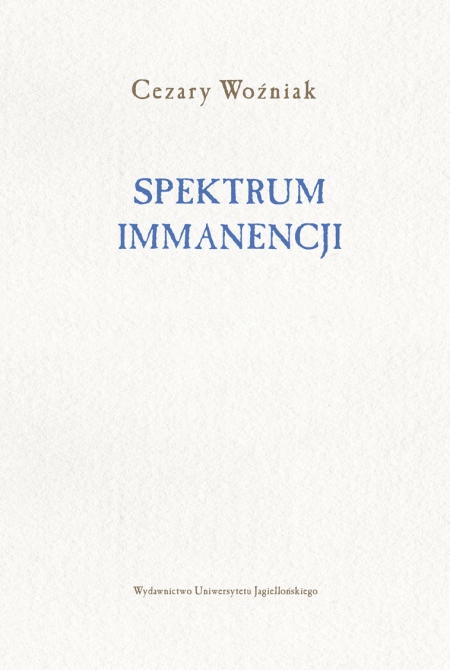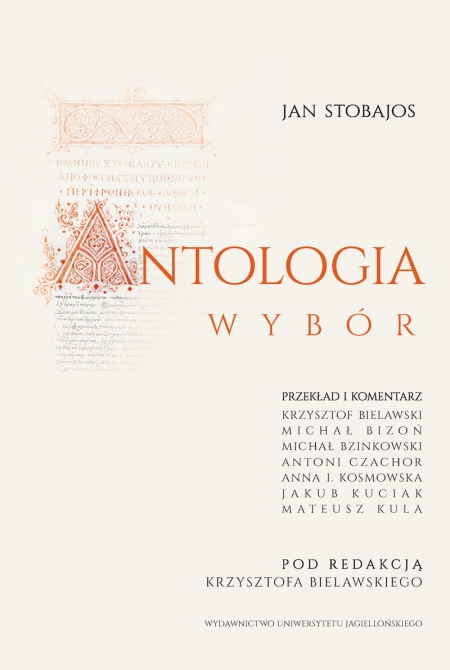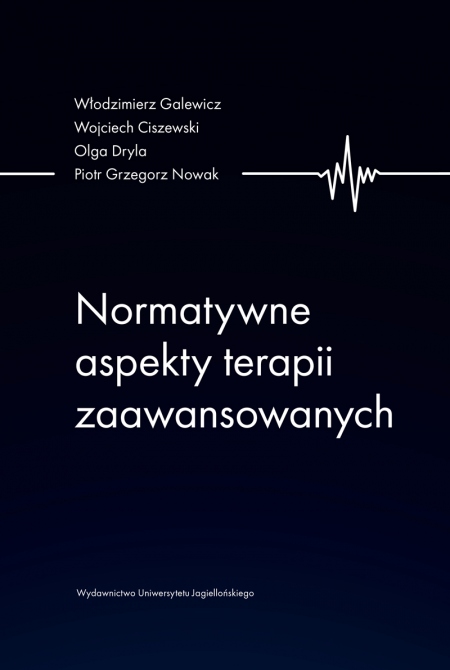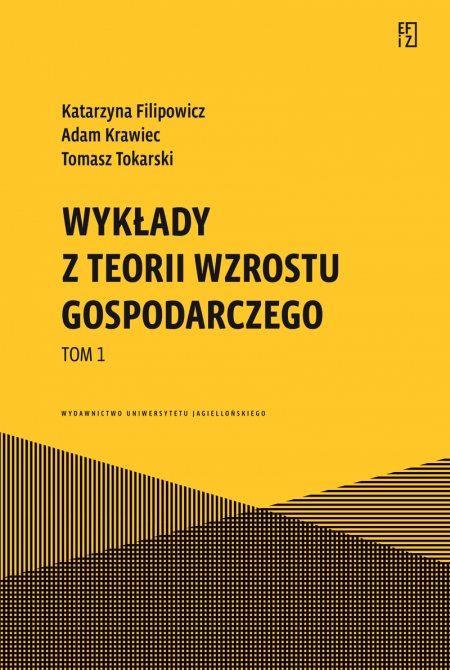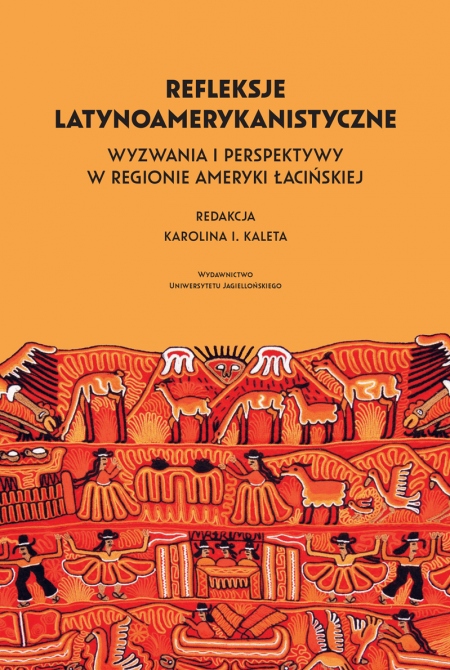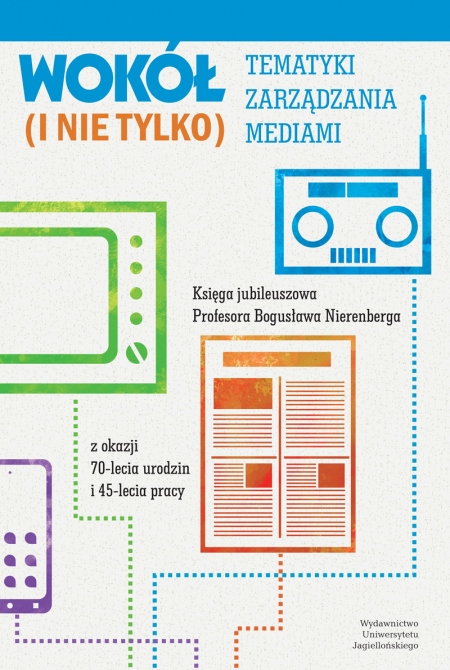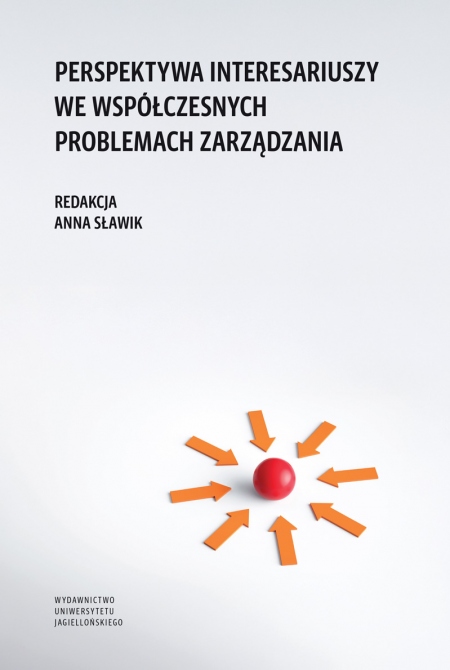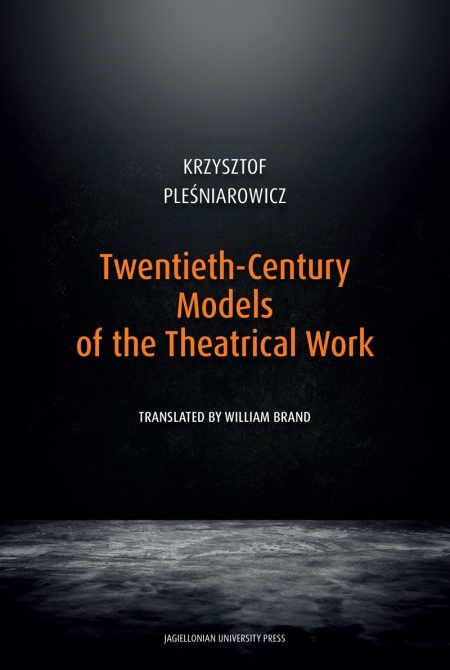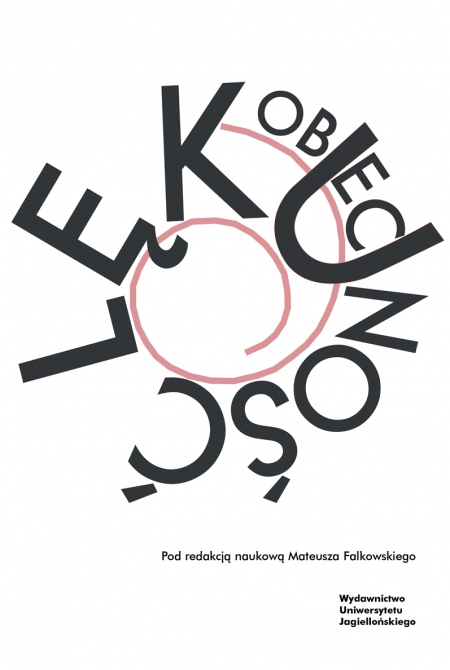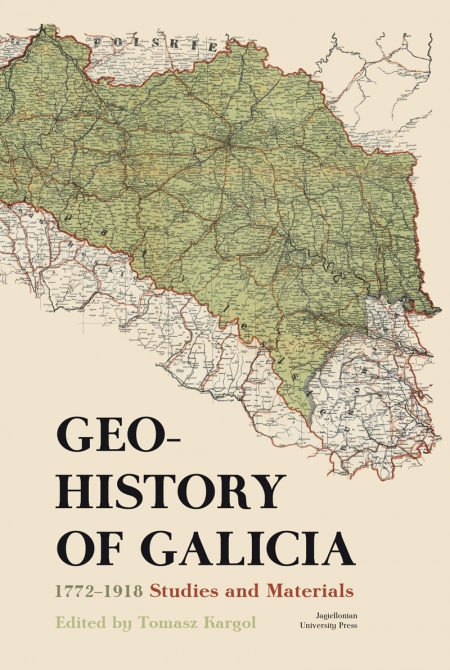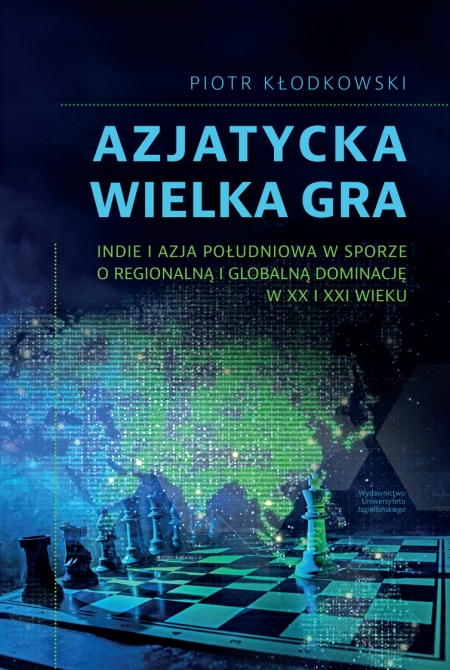
Azjatycka Wielka Gra
Indie i Azja Południowa w sporze o regionalną i globalną dominację w XX i XXI wieku
Pages: 972
Book format: 17x24 cm
Publication date: 2024
Publication date: 06.11.2024
E-book publication date: 10.12.2024
Book description
The book "The Asian Great Game. India and South Asia in the dispute for regional and global domination in the 20th and 21st centuries" is an ambitious attempt to define the changing global order in which Asian powers will play the main role. In the description of the political and social reality in Asia, the author refers to his own concept of "a clash within civilization", which allows for capturing the dynamics of conflicts and ideological disputes shaping selected cultural areas. Using the example of India, he illustrates, referring to original sources in Indian languages, the process of clash of two different state ideologies - secular nationalism and fundamentalist Hindutva, drawing on a multi-layered interpretation of Hinduism. In Pakistan, the ideological dispute is between the relatively modernist vision of Islam and traditional fundamentalism, which still has numerous supporters in the subcontinent. Similar phenomena of ideological clashes in the struggle for power are discussed in the cases of Sri Lanka, Bangladesh and Nepal. The presentation of the transformation of political systems and socio-cultural changes of individual South Asian countries translates into foreign policy and the process of building regional and global alliances, which are gradually changing the current balance of power in the world. In the last part of the book, the author describes in detail the process of building its own, independent foreign policy by India, which intends to become one of the leading superpowers of the 21st century. His view and interpretation of phenomena is not purely academic in nature, but is based on personal experience, because - as one of the reviewers writes – “the author of the publication is both a researcher and a practitioner, a diplomat, and an ambassador. Therefore, we are dealing with the perspective of a researcher, practitioner, decision-maker and participant in the processes and phenomena taking place in South Asia, including India”.
Language
Polish
Title in English
The Asian Great Game. India and South Asia in the dispute for regional and global domination in the 20th and 21st centuries
Edition
first
Authors
Piotr Kłodkowski

Cover design
Marta Jaszczuk
ISBN: 978-83-233-5410-9
e-ISBN (pdf): 978-83-233-7591-3
Country of producer: Poland
RECOMMENDED BOOKS
NEW BOOKS

Azjatycka Wielka Gra
Indie i Azja Południowa w sporze o regionalną i globalną dominację w XX i XXI wieku
Azjatycka Wielka Gra
Indie i Azja Południowa w sporze o regionalną i globalną dominację w XX i XXI wieku
Choose chapters to buy:
Order value:
0.00 zł





